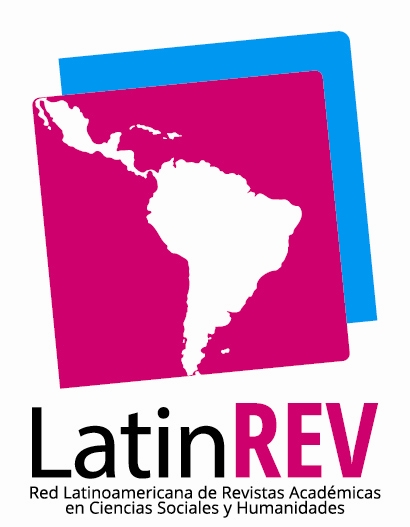Digital public schools: some epistemological assumptions
Keywords:
education, innovation, politicsAbstract
This paper aims to investigate the assumptions governing the pedagogical ideas of some educational systems that bring into play new pedagogical practices supported by the use of technologies. Considering the main concepts on which these arguments are based, we propose to reflect about their real contributions to the educational world. Despite the current existence of opposite models, we attempt to think about their epistemological assumptions.
Downloads
References
Boneti, L. W. (2014). O positivismo como fundamento epistemológico clássico das políticas educacionais e a institucionalização da prática escolar na contemporaneidade. Práxis Educativa, Ponta Grossa, v. 9, n. 2, p. 395-418, jul./dez. Disponible en: http://www.revistas2.uepg.br/index.php/praxiseducativa
Cabrol, M. y Severin, E. (2010). Revista Aportes. Nº 2 - FEBRERO 2010. TICs en educación: innovación disruptiva. Banco Interamericano de Desarrollo. Recuperado en: http://observatorio.relpe.org/wp-content/uploads/2012/02/bid_tics_educ_latam1.pdf
Kuhn, T. (1996). “La tensión esencial: Tradición e innovación en la investigación científica” (Pág. 248 /262) En La Tensión esencial – Fondo de Cultura Económica – México.
Laudan, L. (1987). El progreso y sus problemas. Ed. Progreso, Barcelona.
Pedroza, R. (2000). “Teoría de juegos e individualismo metodológico de Jon Elster”, en Revista Cinta de Moebio N°8: 149-158. Recuperado en: www.moebio.uchile.cl/08/pedroza.htm
Siqueira Esquinsani, S. R. y Dametto, J. (2014). “La producción del discurso en la política educativa: lugares y verdades”. Práxis Educativa, Ponta Grossa, v.9, n.2, p.485-501, jul./dez. Recuperado en: http://www.revistas2.uepg.br/index.php/praxiseducativa
Downloads
Published
Issue
Section
ARK
License
Copyright (c) 2016 Oscar Ojeda

This work is licensed under a Creative Commons Attribution 4.0 International License.






